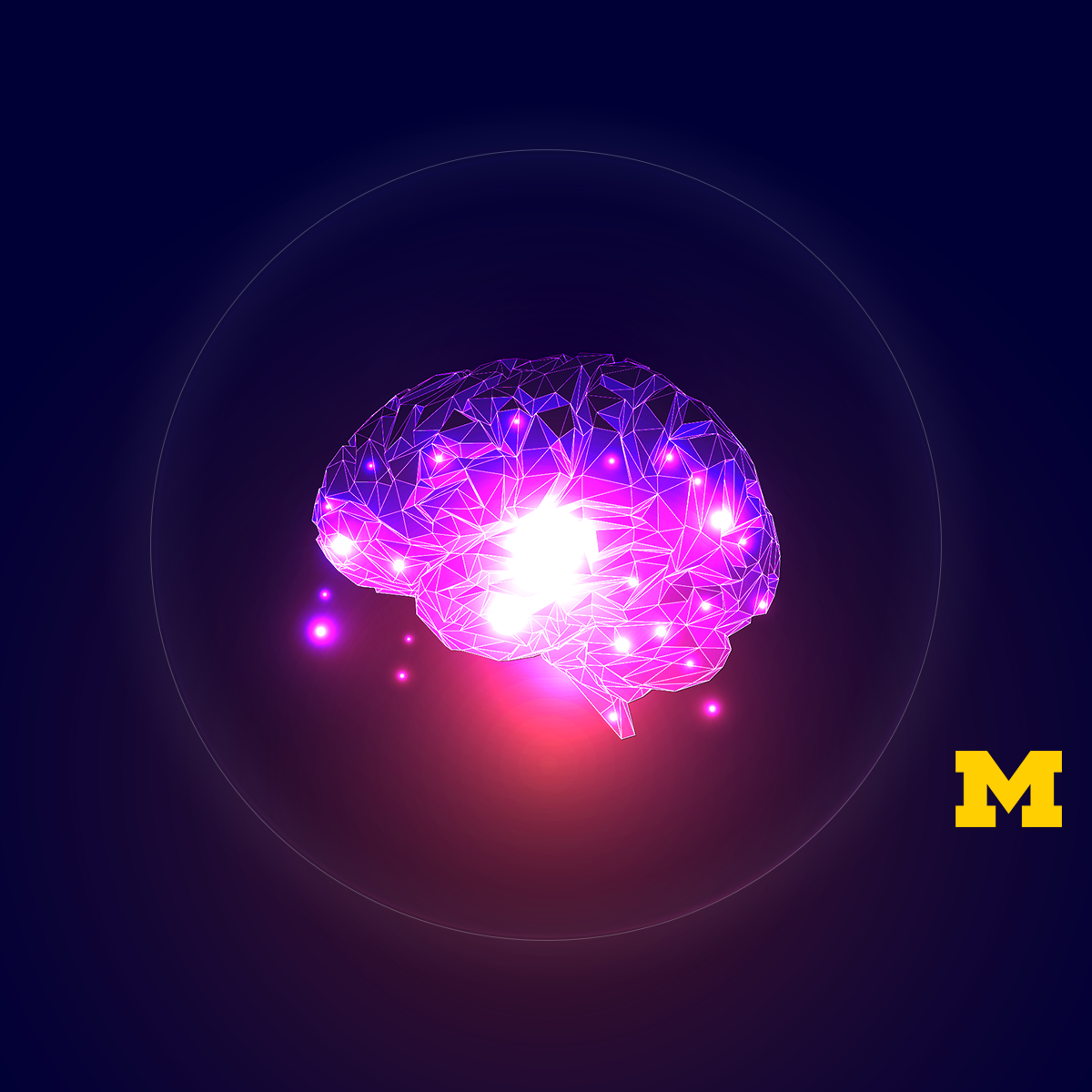Mindware: Critical Thinking for the Information Age
Overview
Most professions these days require more than general intelligence. They require in addition the ability to collect, analyze and think about data. Personal life is enriched when these same skills are applied to problems in everyday life involving judgment and choice. This course presents basic concepts from statistics, probability, scientific methodology, cognitive psychology and cost-benefit theory and shows how they can be applied to everything from picking one product over another to critiquing media accounts of scientific research. Concepts are defined briefly and breezily and then applied to many examples drawn from business, the media and everyday life. What kinds of things will you learn? Why it’s usually a mistake to interview people for a job. Why it’s highly unlikely that, if your first meal in a new restaurant is excellent, you will find the next meal to be as good. Why economists regularly walk out of movies and leave restaurant food uneaten. Why getting your picture on the cover of Sports Illustrated usually means your next season is going to be a disappointment. Why you might not have a disease even though you’ve tested positive for it. Why you’re never going to know how coffee affects you unless you conduct an experiment in which you flip a coin to determine whether you will have coffee on a given day. Why it might be a mistake to use an office in a building you own as opposed to having your office in someone else’s building. Why you should never keep a stock that’s going down in hopes that it will go back up and prevent you from losing any of your initial investment. Why it is that a great deal of health information presented in the media is misinformation.

